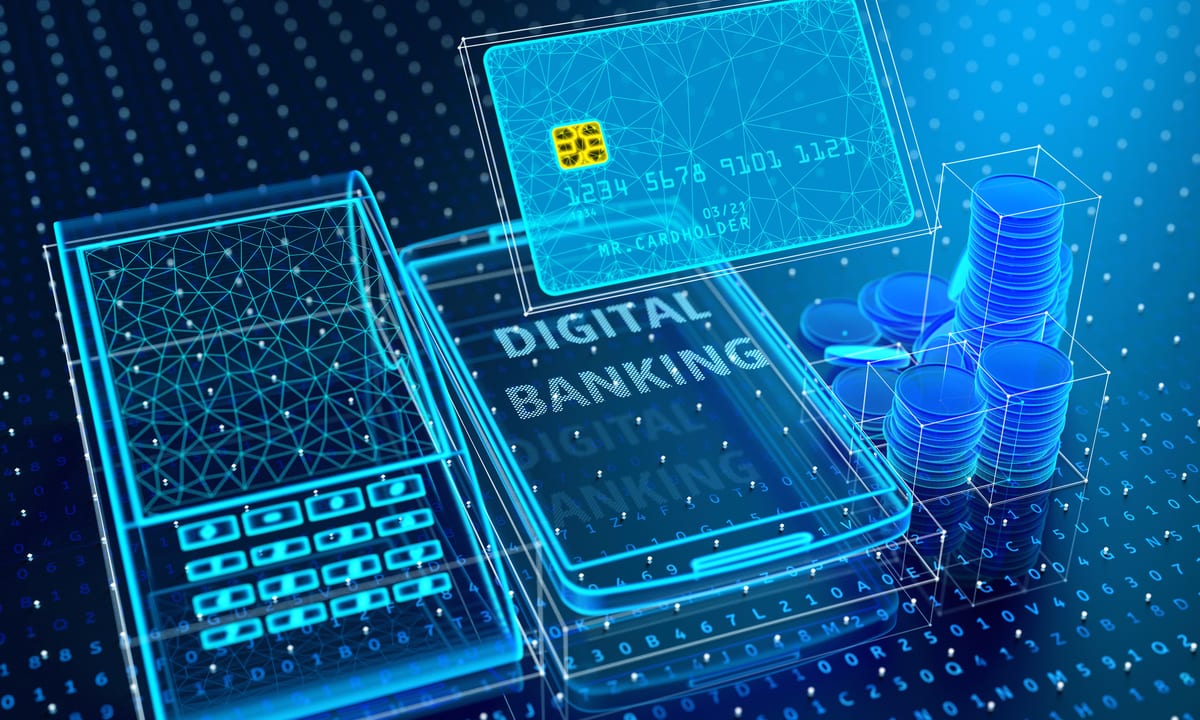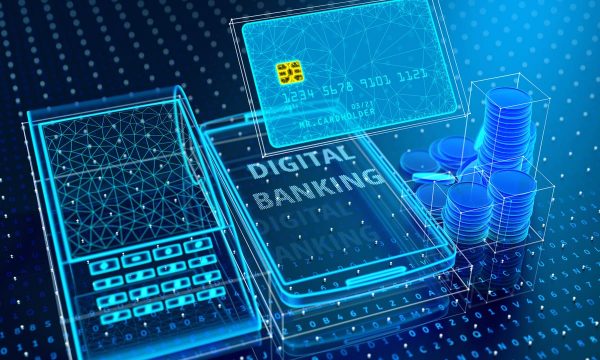The advent of digital technology has transformed various industries, including banking. In Nigeria, digital banking is rapidly gaining traction, offering convenience, accessibility, and innovation to customers. This essay explores the potential of digital banking in Nigeria, highlighting its benefits, challenges, and strategies needed to unlock its full potential.
Read more about FinTech
-
Accessible Banking Services
Digital banking provides a platform for Nigerians to access banking services conveniently. Through mobile banking apps and online platforms, customers can perform various transactions, including fund transfers, bill payments, and account management, anytime and anywhere. This accessibility is especially crucial for the unbanked and underbanked population, as it eliminates geographical barriers and reduces the need for physical branch visits.
-
Financial Inclusion
Digital banking plays a significant role in promoting financial inclusion in Nigeria. By leveraging mobile technology and digital platforms, banks can reach individuals in remote areas where physical branches are scarce. Mobile money services, such as USSD codes and mobile wallets, enable Nigerians to conduct basic banking activities, such as deposits, withdrawals, and transfers, using their mobile phones. This inclusion of underserved populations fosters economic empowerment and drives socio-economic development.
-
Innovation and Enhanced Customer Experience
Digital banking brings forth innovative solutions that enhance the customer experience. Features such as real-time transaction notifications, personalized financial insights, and customizable alerts offer customers greater control and visibility over their financial activities. Furthermore, the integration of artificial intelligence and machine learning enables banks to provide personalized recommendations and tailored financial solutions to meet customers’ specific needs.
Sign up for the Connect Nigeria daily newsletter
-
Cost Efficiency and Operational Effectiveness
Digital banking presents cost-saving opportunities for both banks and customers. For banks, the shift towards digital channels reduces the need for maintaining extensive physical infrastructure, thereby lowering operational costs. Customers benefit from reduced transaction fees, streamlined processes, and time savings by eliminating the need to visit a physical branch for routine banking activities.
-
Enhanced Security Measures
Digital banking providers continuously invest in robust security measures to protect customer data and transactions. The adoption of multi-factor authentication, encryption protocols, biometrics, and fraud detection systems ensures secure digital transactions. Additionally, digital platforms provide customers with greater control over their accounts, allowing them to monitor and manage their financial activities in real time, enhancing security and reducing the risk of fraud.
Register to attend the CN Business Mixer
Conclusion
Digital banking has the potential to revolutionize the Nigerian banking sector, driving financial inclusion, enhancing customer experience, and fostering economic growth. However, unlocking this potential requires addressing challenges related to digital infrastructure, customer education, regulatory framework, trust, and customer support. By leveraging technology, collaboration, and innovation, Nigeria can fully embrace digital banking, benefiting both customers and the economy as a whole.
Featured Image Source: Pavestones Legal
Got a suggestion? Contact us: [email protected]


